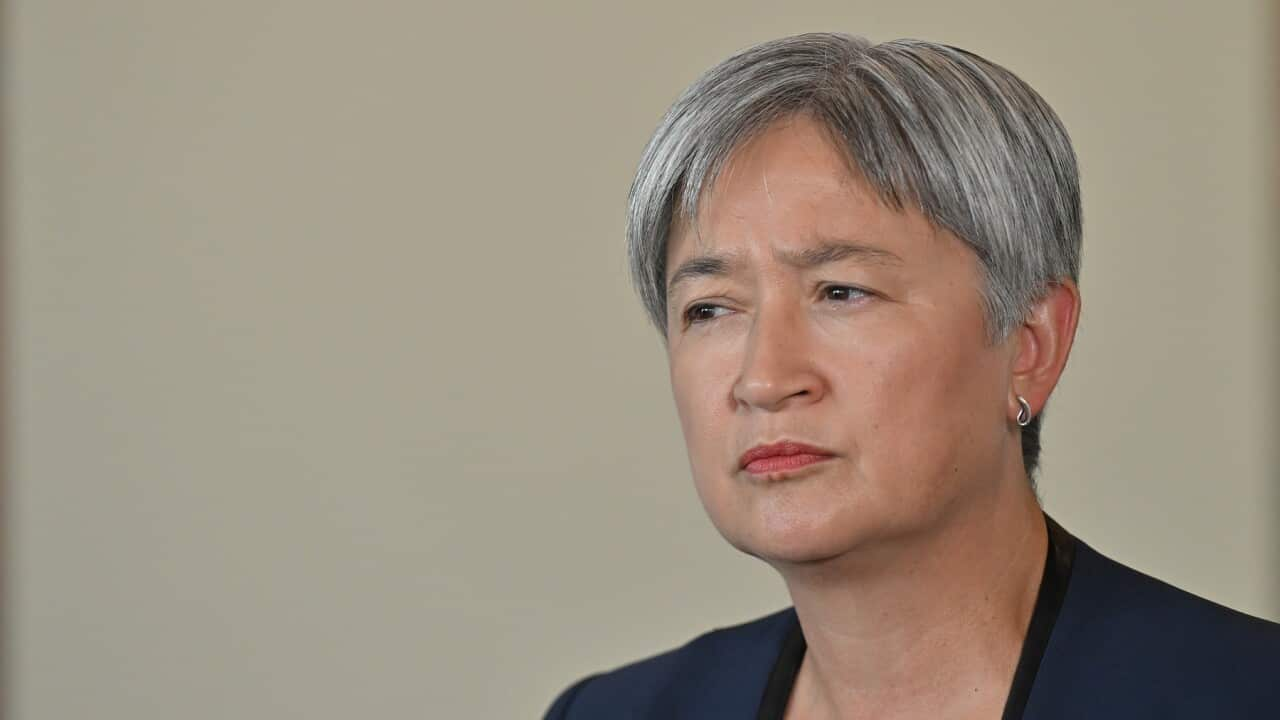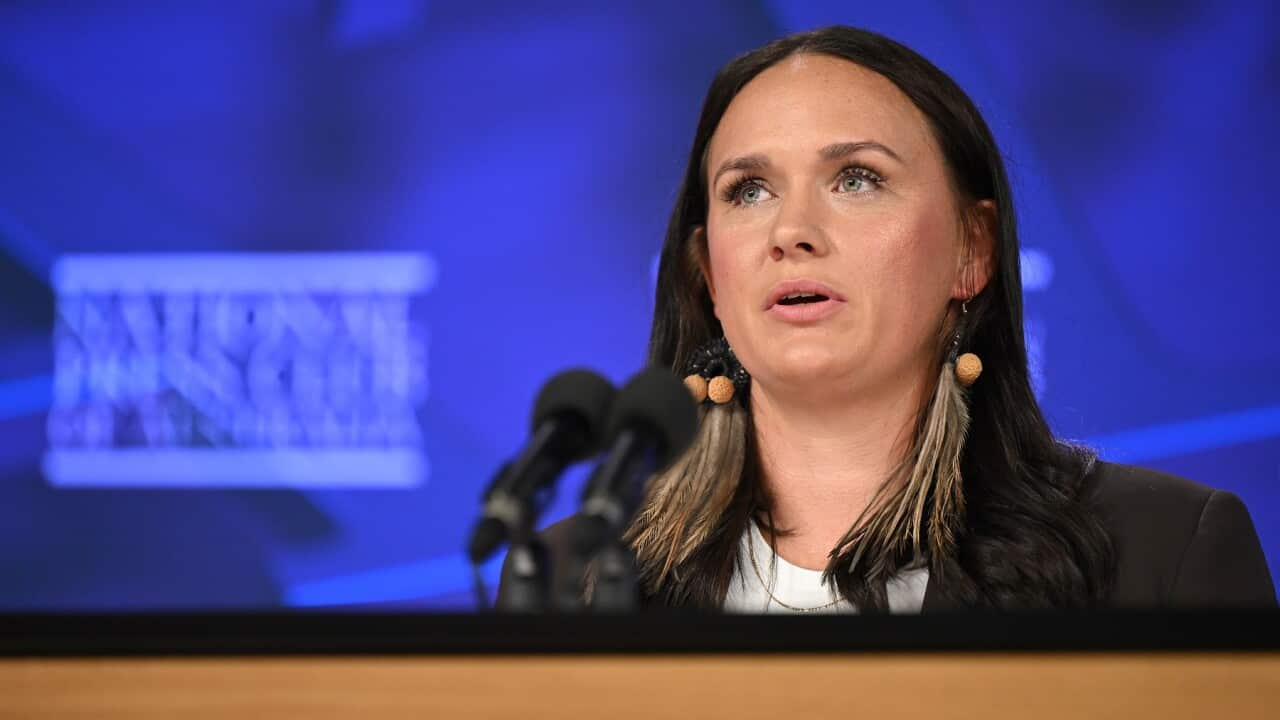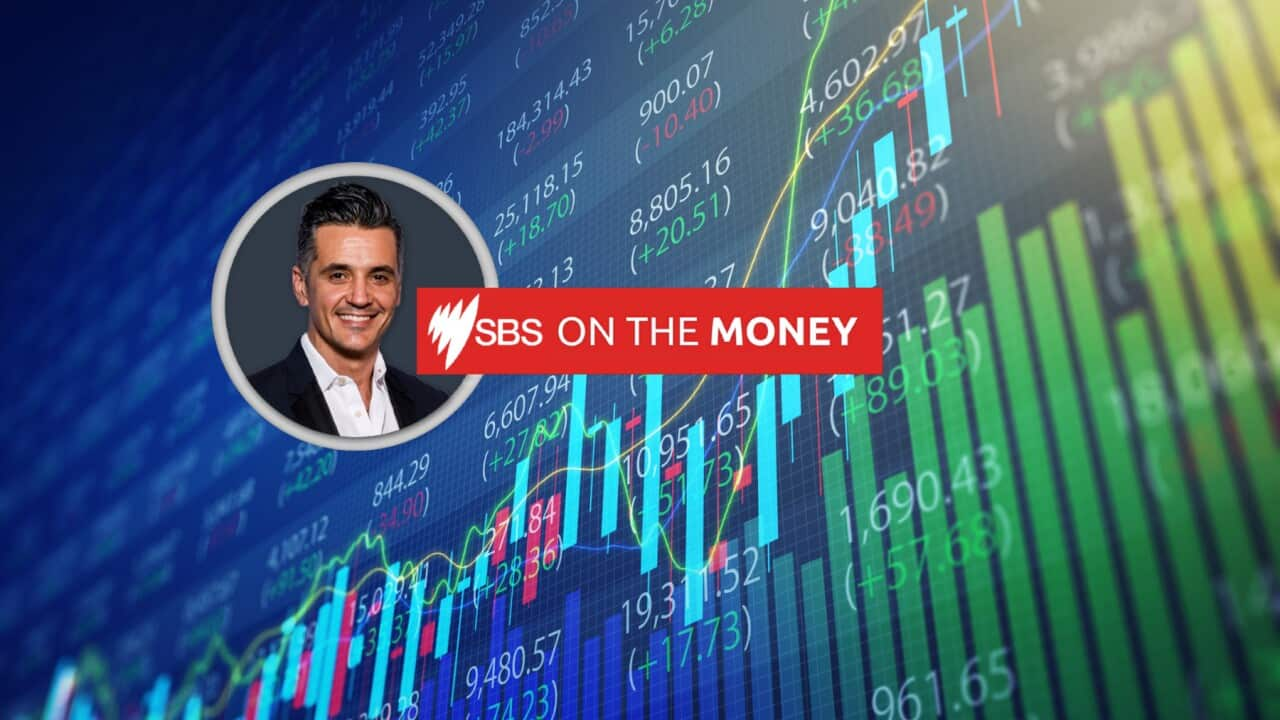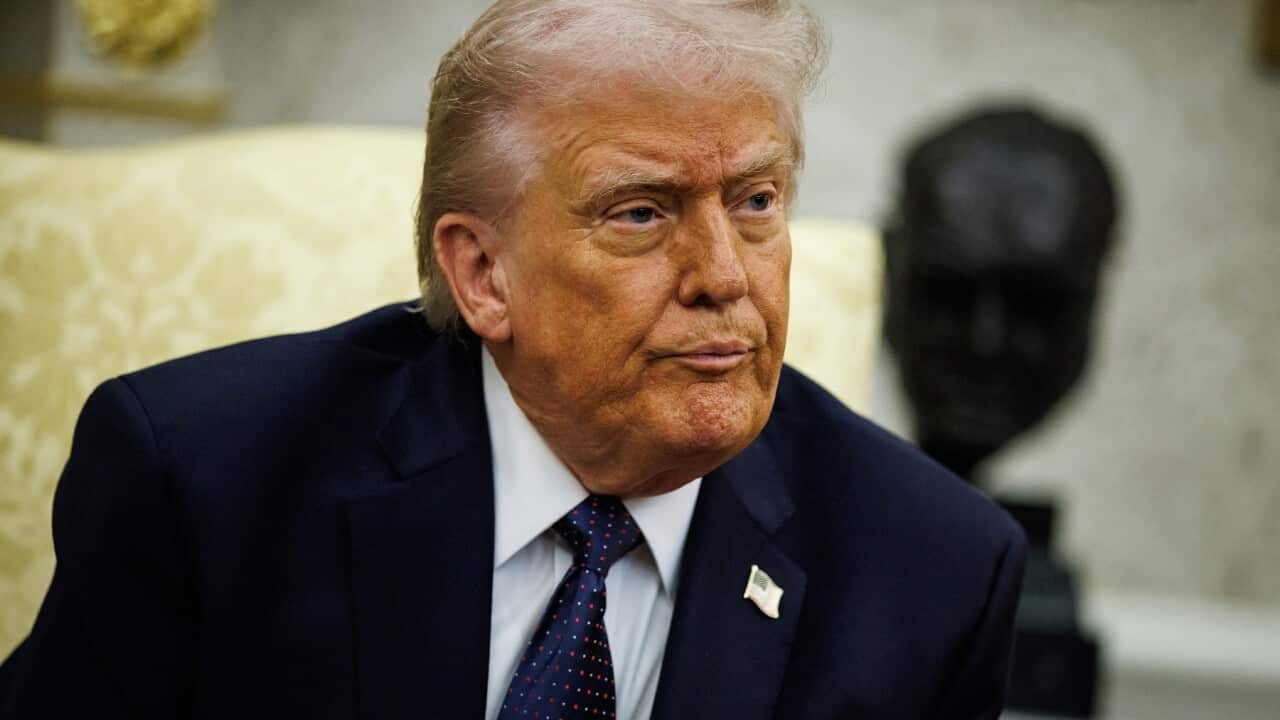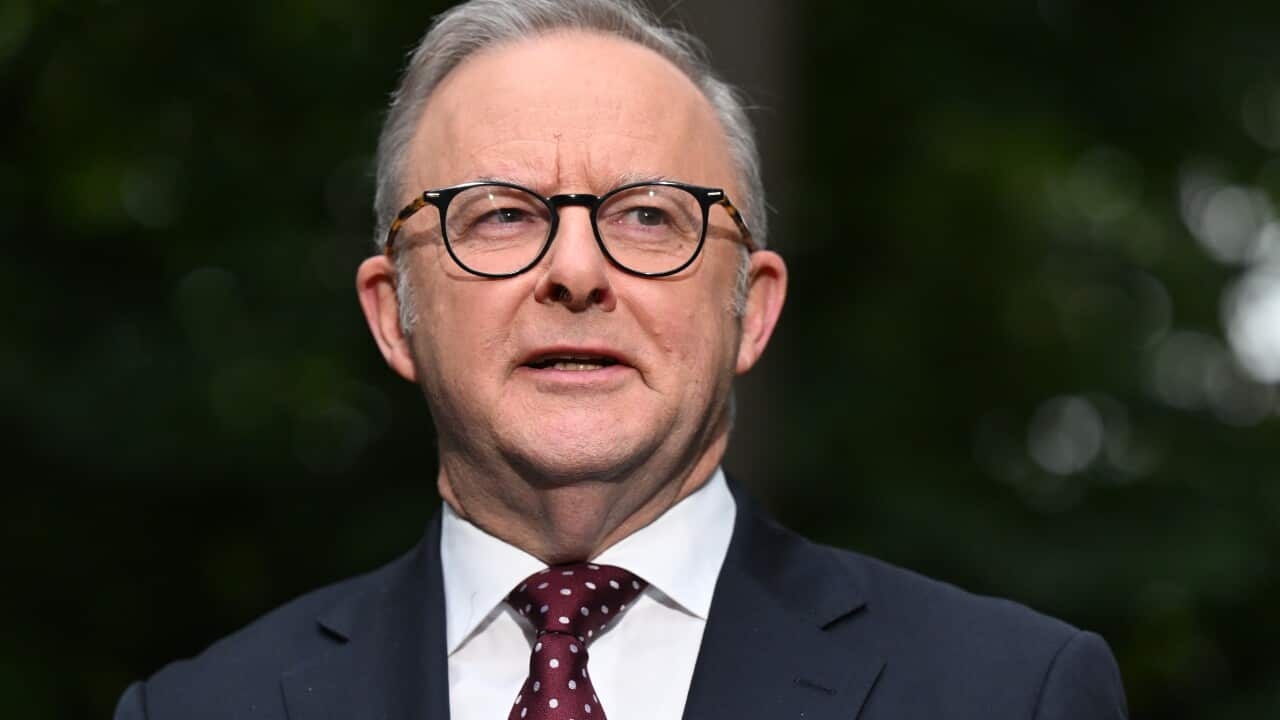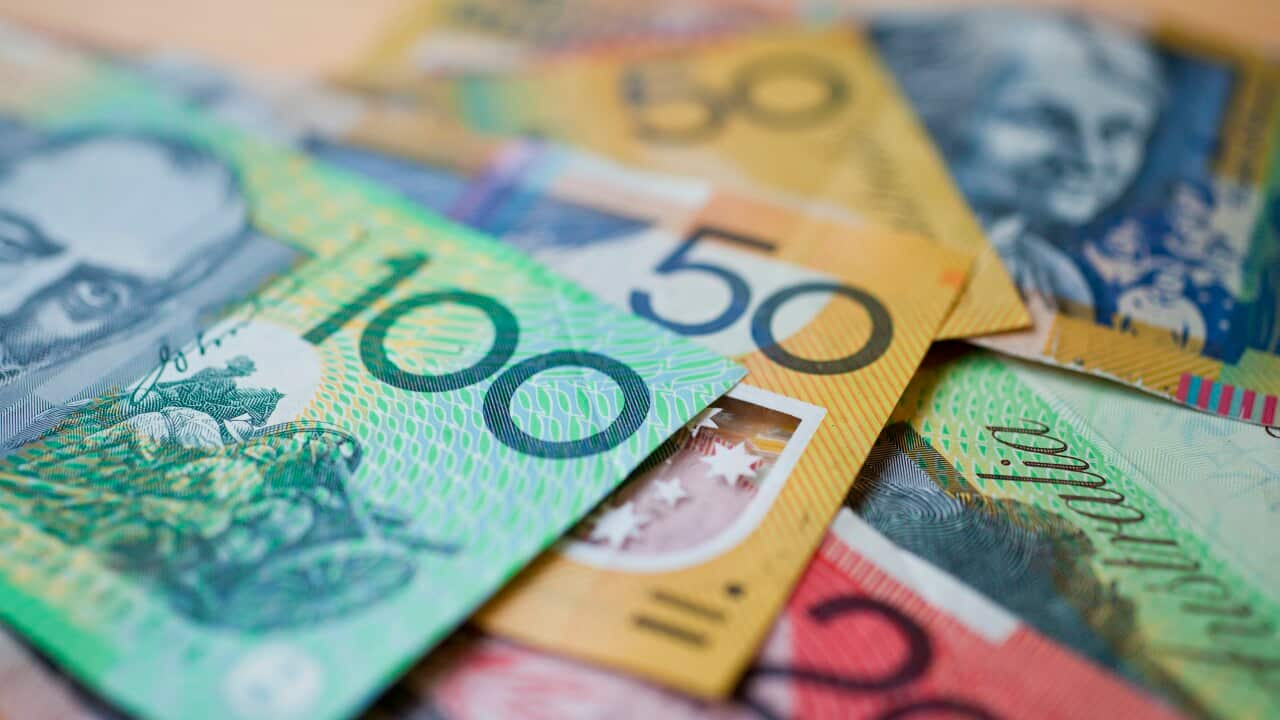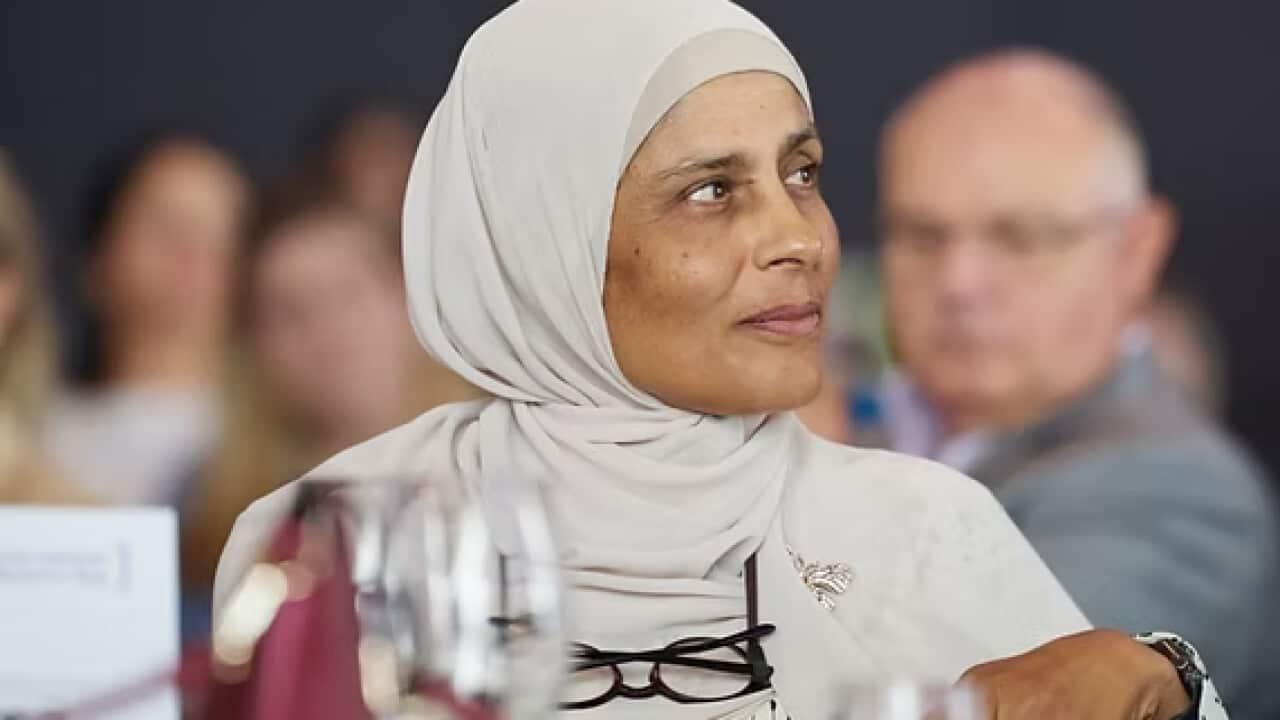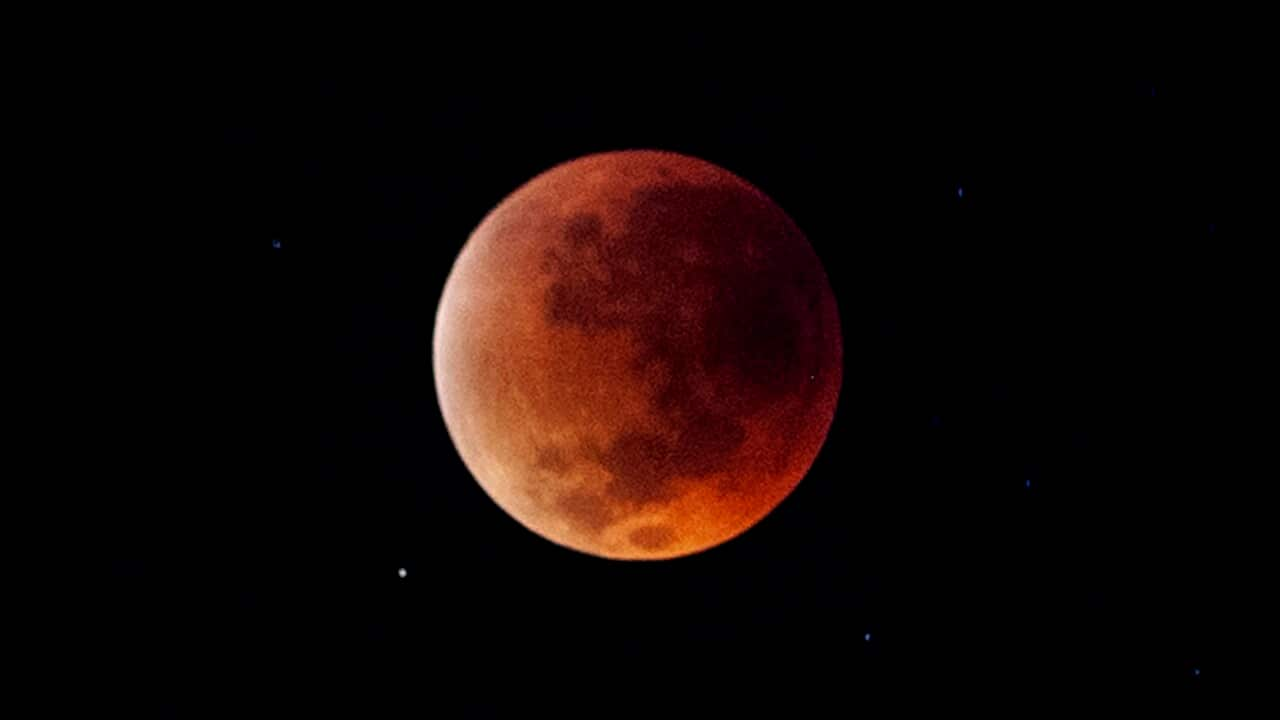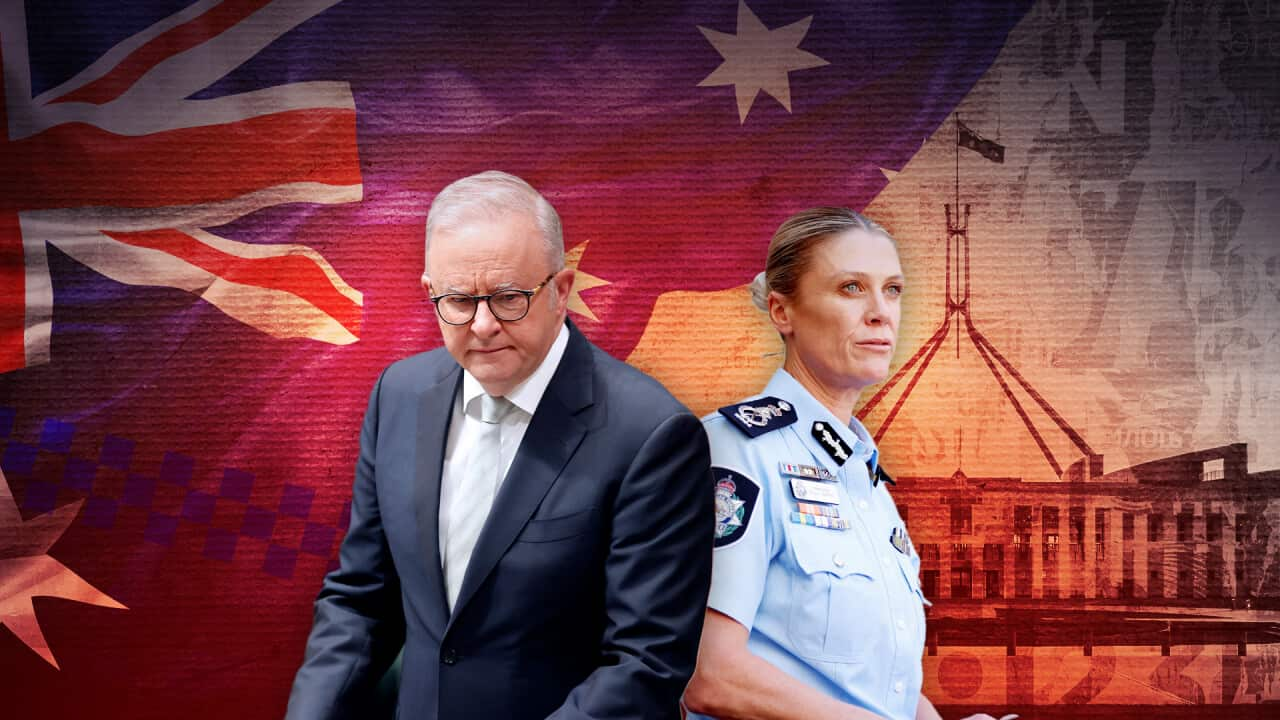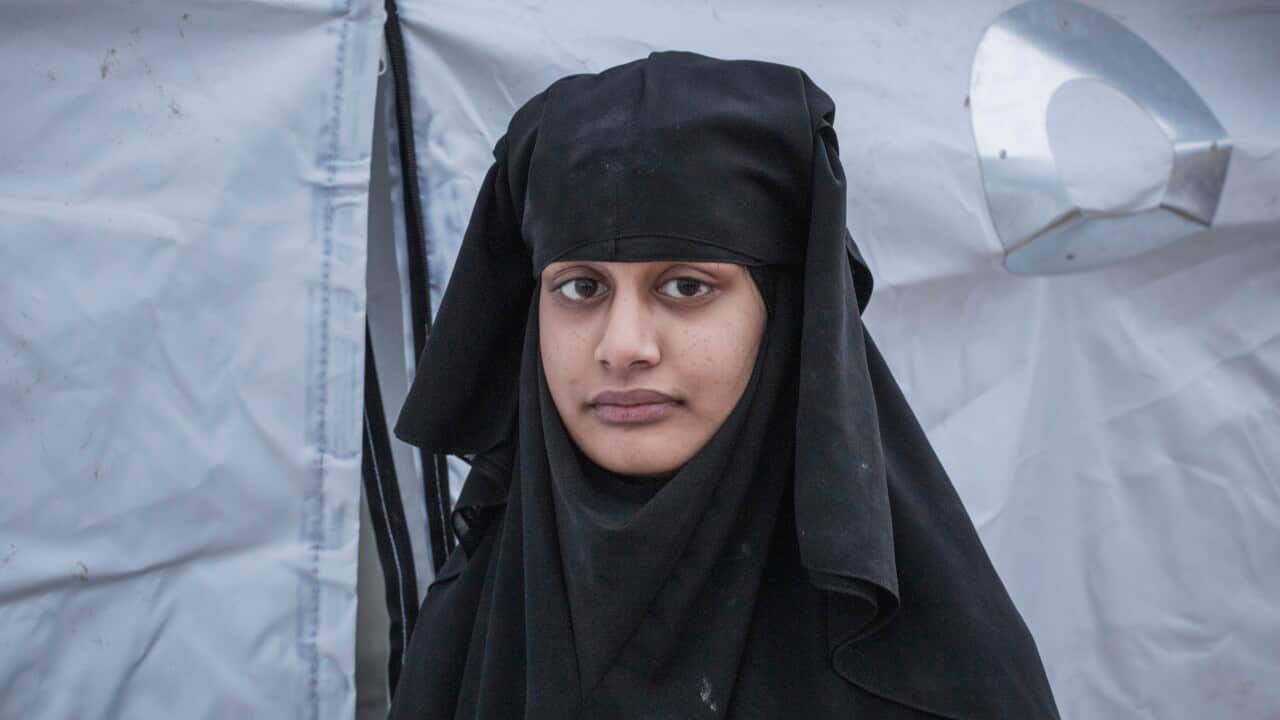Listen to Australian and world news, and follow trending topics with SBS News Podcasts.
TRANSCRIPT
Unsatisfied with the resignation of their director general and CEO, US President Donald Trump is now threatening the BBC with a US$1 billion dollar lawsuit.
Donald Trump's legal team says the British broadcaster features a 'defamatory' and 'malicious' edit of a speech Mr Trump delivered just before the 2021 January 6 riots on the US Capitol.
BBC Chairman Samir Shah says the broadcaster accepts the editing gave the wrong impression.
“Part of the problem is the way it was edited. But what was the consequence of that? I think we just needed to go into a bit more detail, which is what we finally did, which was the impression it left on the British audience as opposed to the intention of the programme, which was to give the Panorama, the British audience some understanding of how President Trump’s supporters were reading it. Now, that's quite a complicated set of thought, and we need to get that right.”
The BBC has reportedly been given a deadline of Friday November 14 to fully retract the documentary, apologise and "appropriately compensate" the president for what they claim is "the harm caused."
If they fail to comply with these orders, Trump's lawyers say they will have no option but to file legal action for no less than US$1 billion.
The controversy has already led to the resignation of Director General Tim Davie and BBC News CEO Deborah Turness.
Defending the network, Ms Turness says it was a privilege to serve as CEO.
“I stepped down over the weekend because the buck stops with me. But I'd like to make one thing very clear - BBC News is not institutionally biased, that's why it's the world's most trusted news provider.”
Celebrating the resignations, Donald Trump accused BBC journalists of being corrupt and dishonest.
Julie Posetti is a professor of journalism at City St. George's University of London and director for the International Centre for Journalists.
She says the resignations are bound to have a chilling effect on the broadcaster and other media in the UK.
“And they come in the wake of a concerted effort by the partisan press, the right-wing press in the UK, aided it seems by a former UK Conservative Prime Minister and egged on, in fact, with participation by the White House press secretary and, ultimately, celebratory comments from the US president, who himself is a clear attacker of free and independent press in the US. So this is a situation which needs to be understood in context of an orchestrated campaign to undercut public trust in the BBC and to create a situation where the BBC is meek, where the BBC is less likely to be critical in its reporting.”
These legal threats are not the first time Donald Trump has come after media outlets he perceives as critical of him.
During his second term, the administration has cut funding to the public broadcasting service Voice of America and the Corporation for Public Broadcasting, ending all federal support for National Public Radio.
In the private sector, Donald Trump has launched legal action against Paramount, Disney, the Wall Street Journal, the New York Times, Meta and YouTube.
As his legal targets have usually been US based, Professor Posetti says this escalation is cause for concern.
“This is the intervention of a foreign state actor in the governance of independent public media in the UK. So this is a step beyond that. I mean, I have never seen a situation where the president of the United States and his press secretary, true to form, are lambasting the BBC as systemically biased. But doing so with the usual anti-press freedom rhetoric that the BBC is 'fake news' when patently it is not.”
Speaking to reporters, UK Prime Minister Keir Starmer says the organisation has a vital role in the age of disinformation.
Funded by the licensing fee paid by anyone in the UK who watches live TV, the broadcaster has been forced to cut hundreds of jobs as fewer British households tune into live television.
The BBC also faces increased production costs, while successive governments have kept any increases in the license fee below the rate of inflation.
The UK government is currently preparing a review of the BBC charter, which outlines funding frameworks and governance at the network.
Leader of the right-wing populist party Reform UK, Nigel Farage accused the BBC of being institutionally biased.
“You might have noticed, Harry, that last year half a million people stopped paying the license fee. The year before, half a million people stopped paying the license fee. If the BBC doesn't now get a grip, get somebody in from the outside. Somebody who has got a history and a culture of changing organisations, of turning them around, then I think what you would see within the next couple of years are many, many millions just refusing, just not wanting to have the license fee.”
Urging the Prime Minister to defend the network, leader of the centrist Liberal Democrats Ed Davey says interference in British media must be called out.
“I think the key issue for politicians today is are they going to defend the institution of the BBC. It's a world leading institution, the most trusted media institution in the world, and we should protect it. That's why I have written to the Prime Minister, Keir Starmer, Kemi Badenoch and Nigel Farage to see if they'll join me in criticizing Donald Trump, who is undermining the BBC with his comments, attacking the leadership, calling BBC journalists corrupt. And with his press secretary suggesting that people should watch GB News. That's a level of interference in our media which is unprecedented and I hope other political leaders will join the Liberal Democrats in calling President Trump out.”

